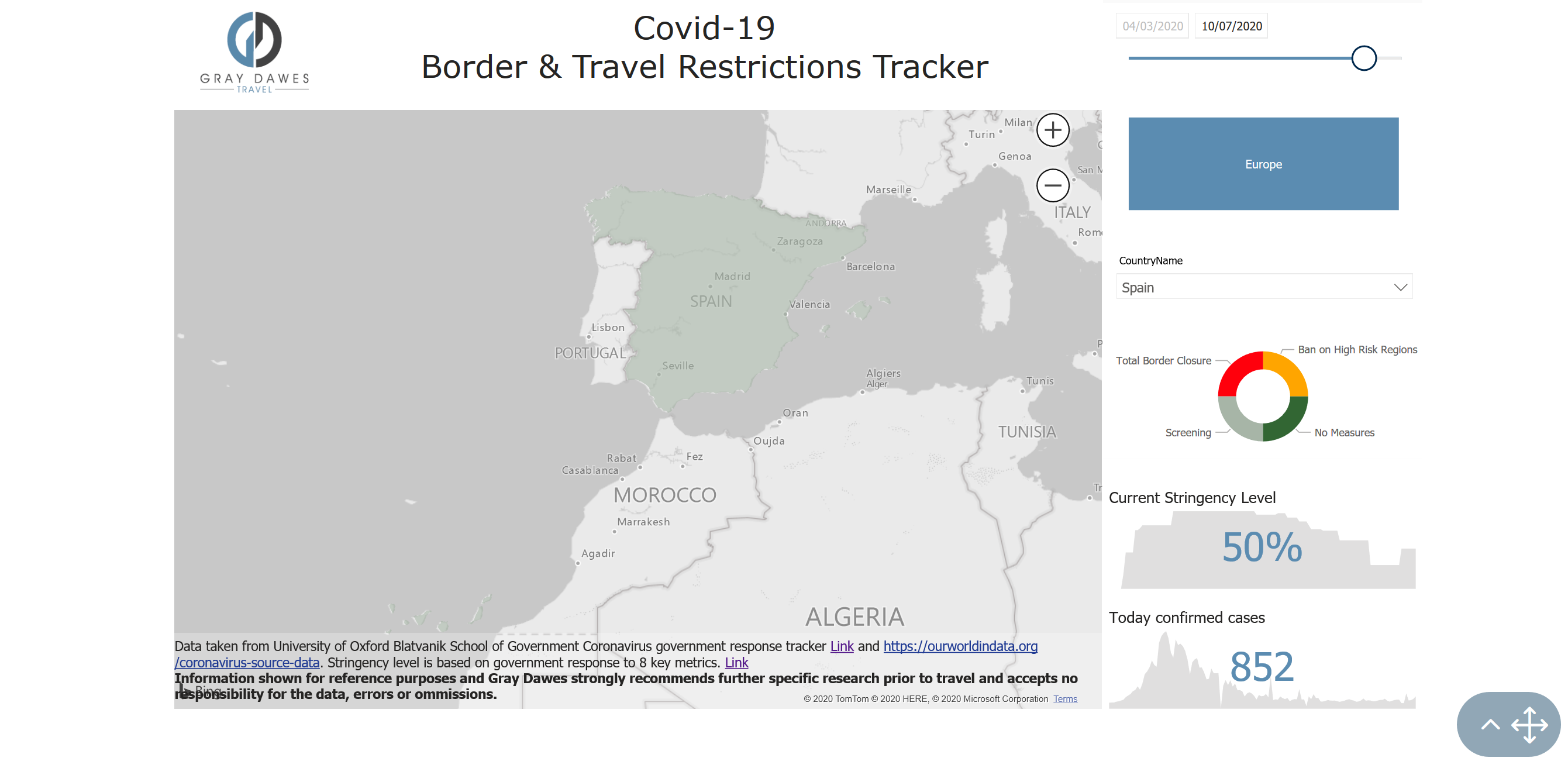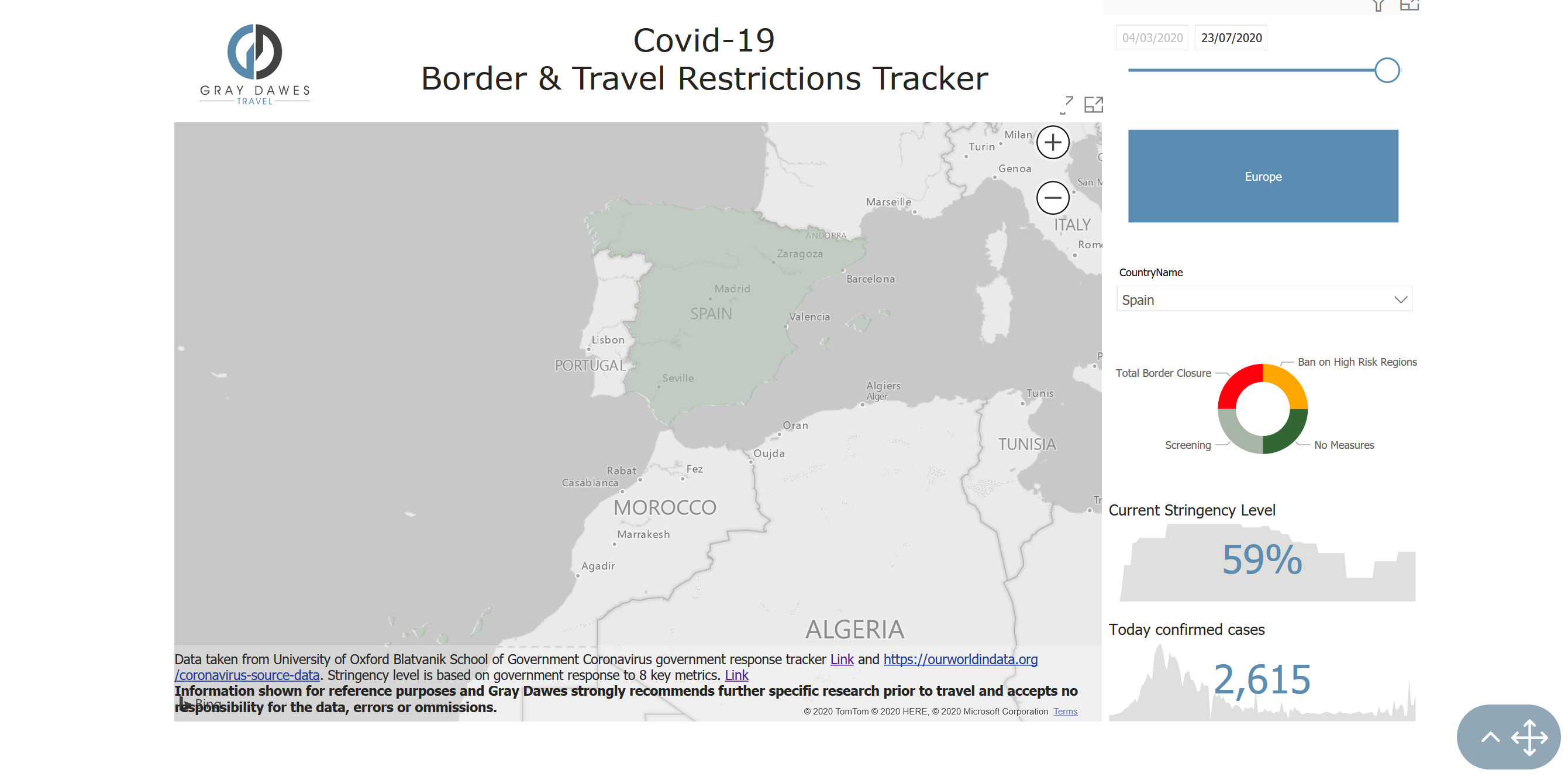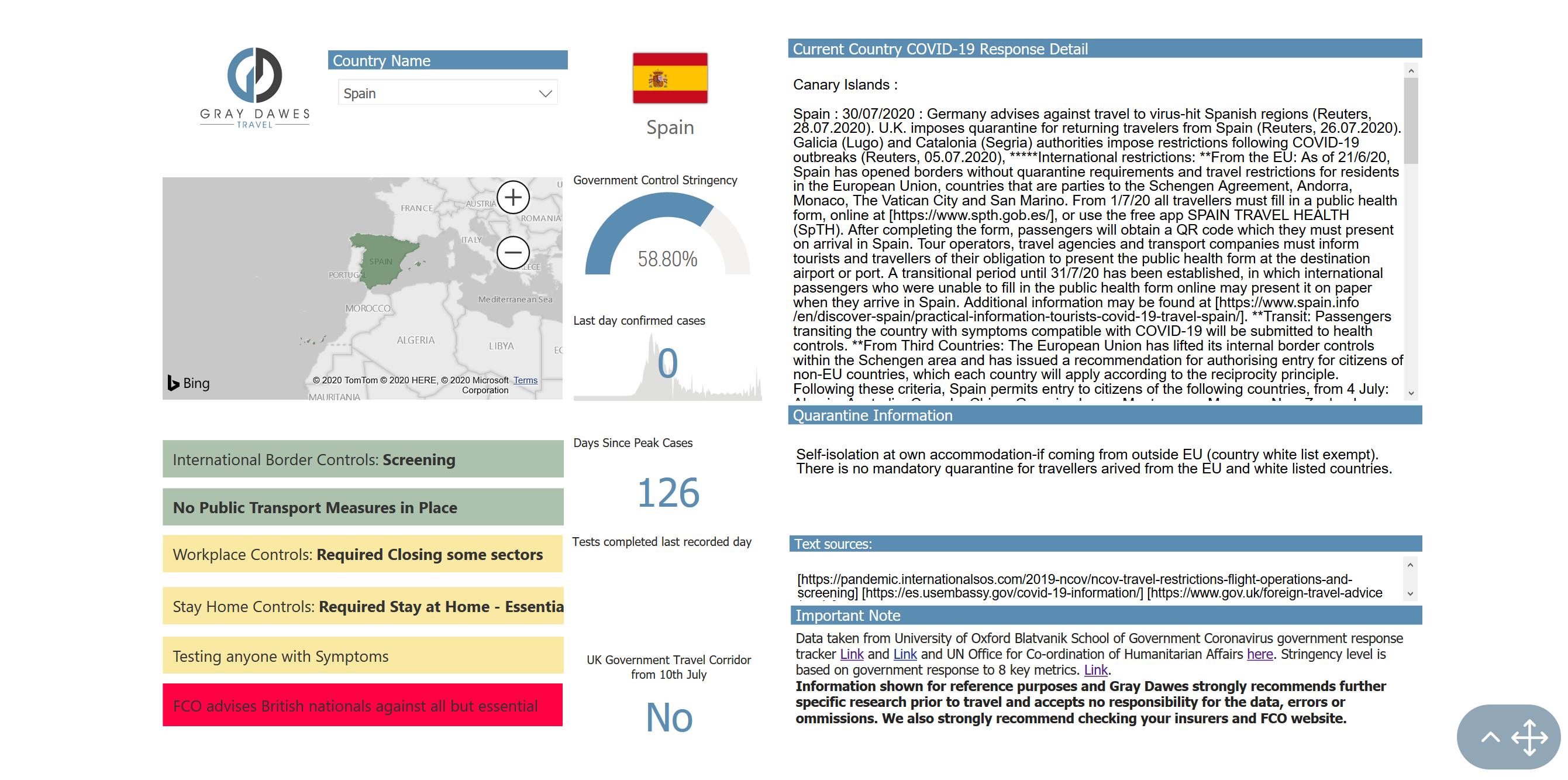According to a recent survey by corporate travel news aggregator service ‘The Beat’, 4 out of 5 travel managers are either changing their travel policy or considering doing so. We agree that the majority are wise to do so, as the travel landscape has changed dramatically in response to COVID-19. We caught up with our Consulting Manager, Aman Pourkarimi, to get the latest advice on how to keep your travel policy to update. Some of the considerations facing travel managers include:
- complying to rapidly to changing travel regulations
- managing costs despite reduced inventory
- ensuring the safety and comfort of travellers while away from the office on business; in other words, duty of care.
Duty of Care
Duty of care should always be an employer’s highest priority when creating a travel policy. COVID-19 has bought this into even sharper focus.
It’s a company’s responsibility to identify then eliminate, or at least mitigate against, risks; and where that is not possible, raise awareness of those uncontrollable threats.
No company can eliminate the risk of coronavirus of course, either inside the workplace or while travelling. Therefore, it’s a case of raising awareness and mitigating risks wherever possible. For example, instructing the use of PPE, social distancing measures and preferred vendors.
Whatever you decide, as a business, to implement within your duty of care policy, an employee also has a duty of loyalty to follow the company policy. In other words, if you instruct travellers to use a preferred airport transfer, but the employee chooses to use another service as a matter of convenience, then they are at fault. This is a matter which should be stated to generate compliance, at a time where rogue booking simply cannot be afforded.
Preferred Vendors
With that in mind, we strongly advise mandating booking travel through preferred vendors. This will allow your business to control all three phases of travel, which are:
- Pre trip
- During trip
- Post trip
You’ll need to audit your preferred vendors ensuring they fulfil the following criteria in each phase.
Pre-Trip
Your preferred vendor should allow instantaneous policy amendment. Given the spread of the virus fluctuating and the rising political instability, it’s important to be able block locations rapidly, in response to the changing environment.
The vendor should be able to control this at the point of booking, either by blocking non-compliance, requiring pre-trip approval and offering advisories while allowing booking. This allows you to set varying levels of control in response to the changing threat level.
Possessing travel profiles with contact information will allow you to rapidly engage with your traveller and take appropriate action.
Your vendor should be providing you and your travellers with up-to-date safety information. In the current climate, it would be wise to relax any policy of booking online only; instead allowing travellers to reach out to live expert consultants if they feel the need to do so.
You can access information yourself from multiple sources such as gov.uk, the FCO website and John Hopkins University, but it’s better to have all this content in one place. These measures are essential given COVID-19 is not a static risk.
That leads to another policy advisory. The traditional advance purchase mandate of 14 days is not suitable in today’s changing environment. 14-day advance purchases do offer cost savings in the pre-COVID environment, but currently increases the risk of time consuming and potentially costly cancellations.
For example, Spain had been trending at an average of just 300 confirmed COVID-19 cases when put on Travel Corridor list on the 10th July

However, just a fortnight later, during the week commencing 21st July, that average had risen to over 2,500 daily cases – that’s nearly 4 times than in England.

Therefore, our advice is to change your current advance purchase policy to no more than 7 days. Or you may wish to consider removing it altogether and replacing it with price caps per destination to continue control costs.
During Trip
There are several travel policy recommendations we propose to handle in-trip activity, including giving clear instructions on PPE and local social distancing measures.

But crucially, we strongly recommend auditing your current emergency processes. Are you providing a clear and robust action plan for all foreseeable circumstances? Ask yourself the “what ifs”:
- What If there’s a Covid-19 spike during a business trip, resulting in local and/or international lockdown measures?
- How does the business react to make the traveller safe?
- Do you have local assistance?
- It that assistant available 24hrs a day?
- What measures are compliant with your insurers and how quickly do they react?
- Is your policy flexible enough to allow for additional hotel stays, reparation, quarantining at destination and arrival… and how would impact business continuity?
- Do you therefore limit the number of travellers from a single department, given they could be immobilised for up to 14 days?
There’s a lot to think about!
Your preferred vendor must be able to offer support on policy adjustment to ensure yours is fit for purpose in the current climate. And they must also help you communicate any policy changes, while notifying the traveller directly, as well as providing them with the very latest information relating specifically to their trip. They’re the experts, after all!
In addition, traveller tracking can offer a travel manager a consolidated view of the whereabouts of travellers if presented with a sudden change in regulations.
Post Trip
In the spirit of continuous improvement, you should encourage travellers to share feedback of their experiences. This will help future adjustments of your travel policy, especially during these volatile times. This type of engagement can improve your vendor’s service while also helping to restore confidence with other travellers, by removing some of the scaremongering taking place now in regard to travel. Your travel management company should offer the facility to encourage and share feedback.
We hope you’ve found this brief insight into Travel Policy management useful and if you are wanting more guidance you can find out about our Aman’s Consultancy here.
And don’t forget to check out our Traveller Toolkit – your first stop in navigating business travel during the pandemic here to be in the know, before you go.
